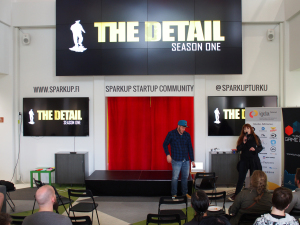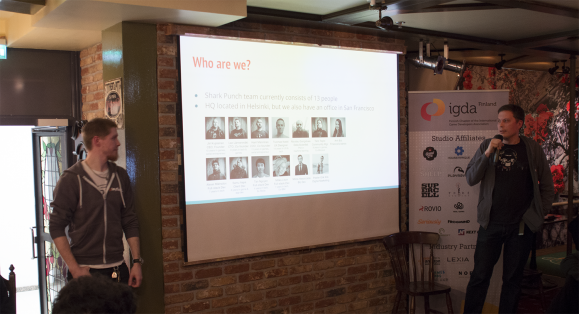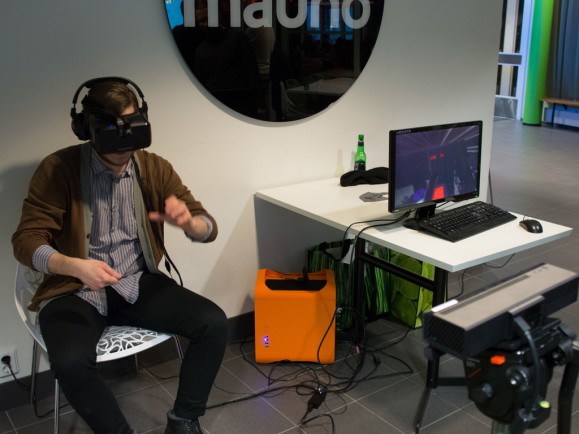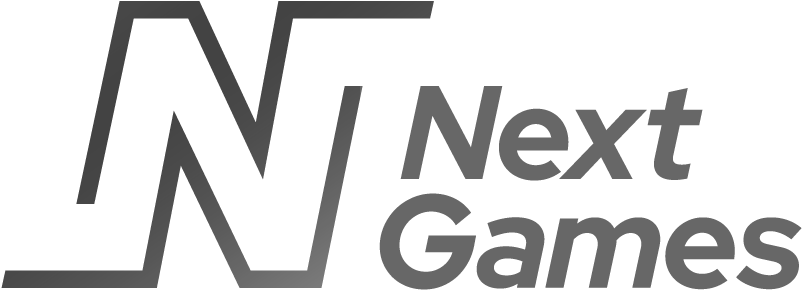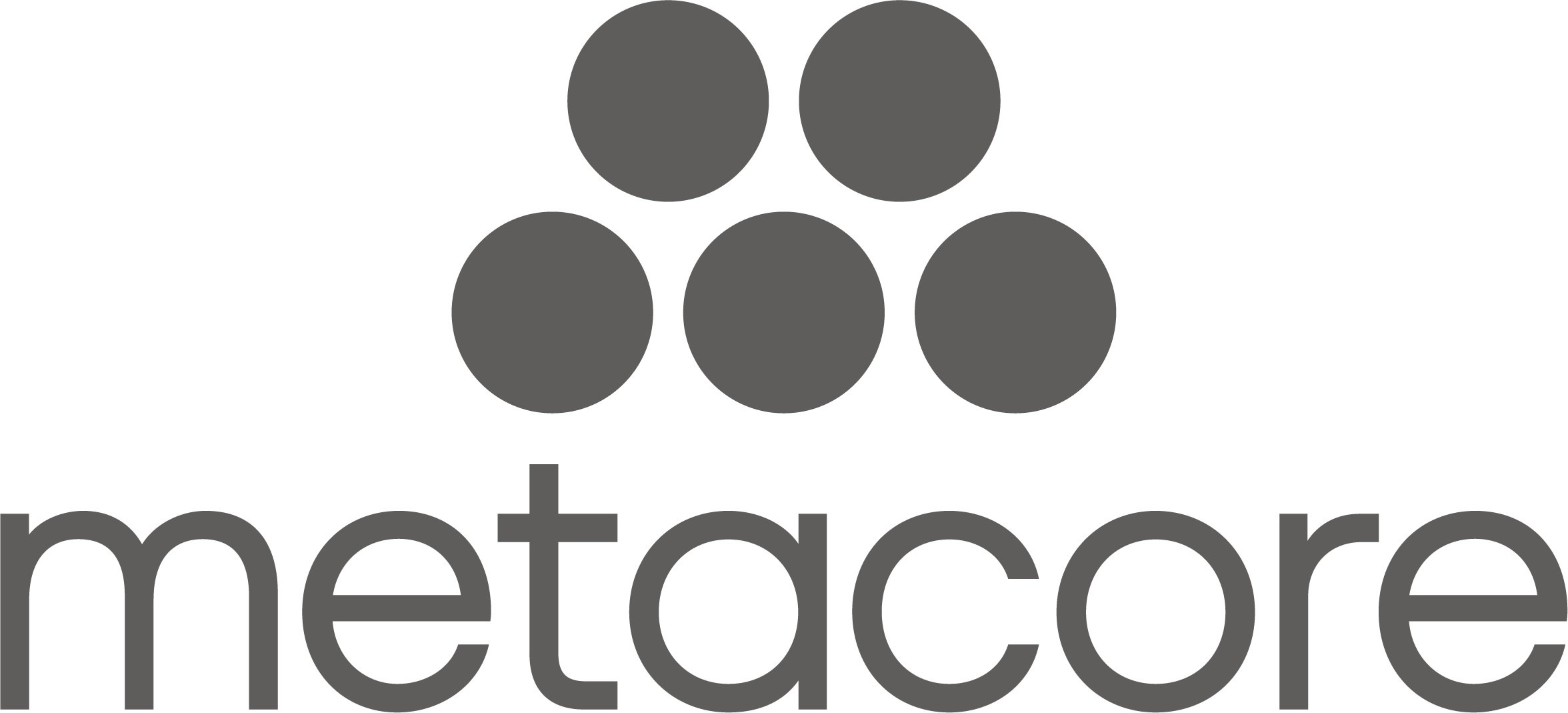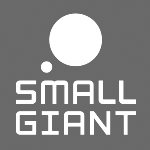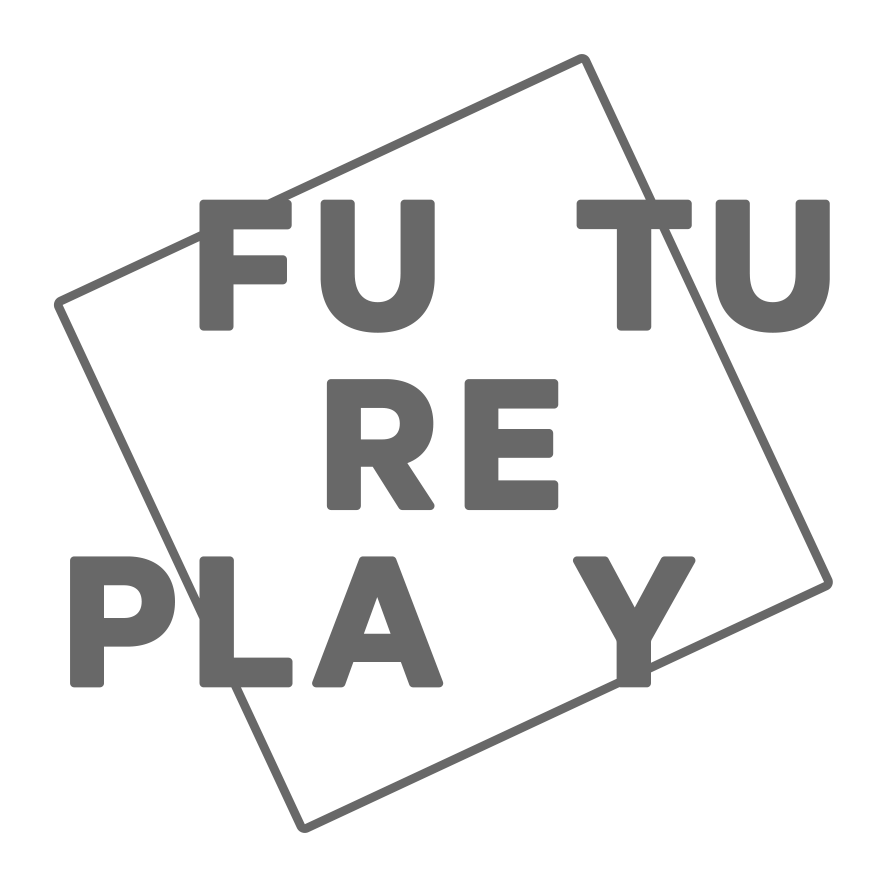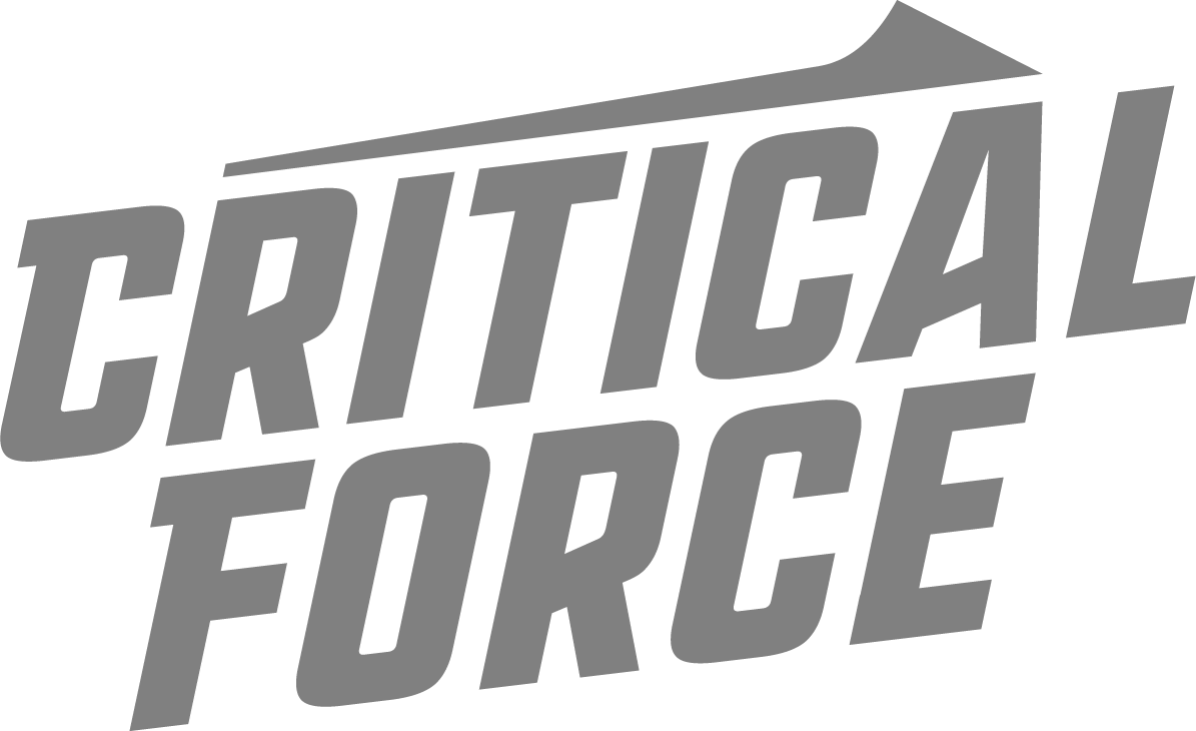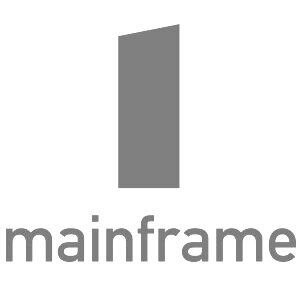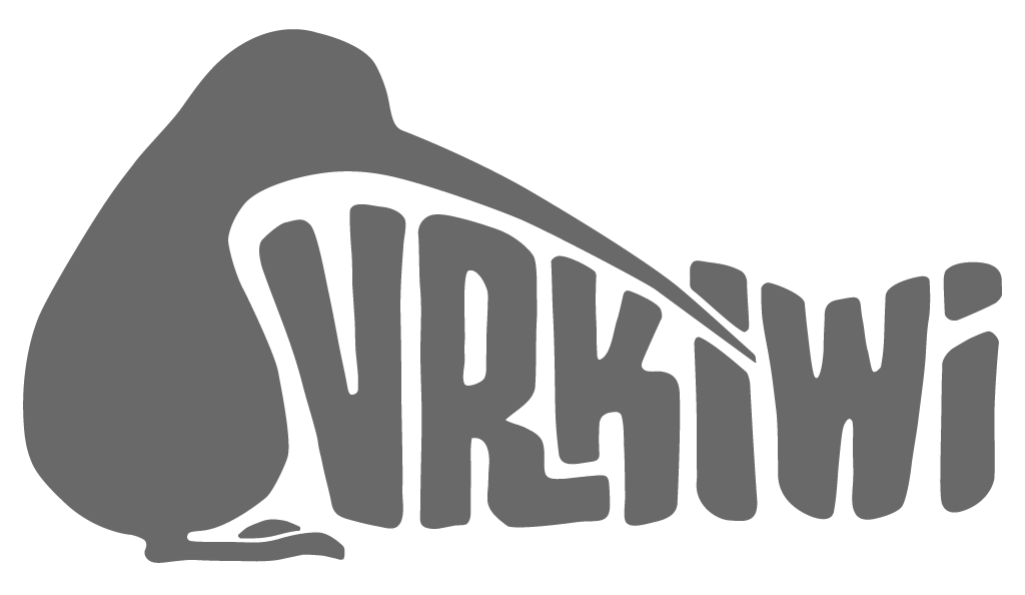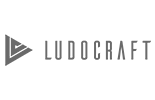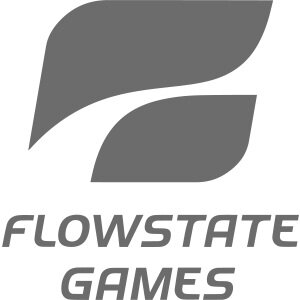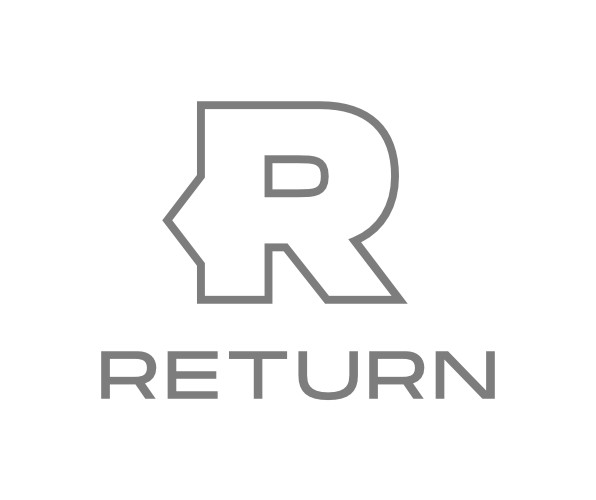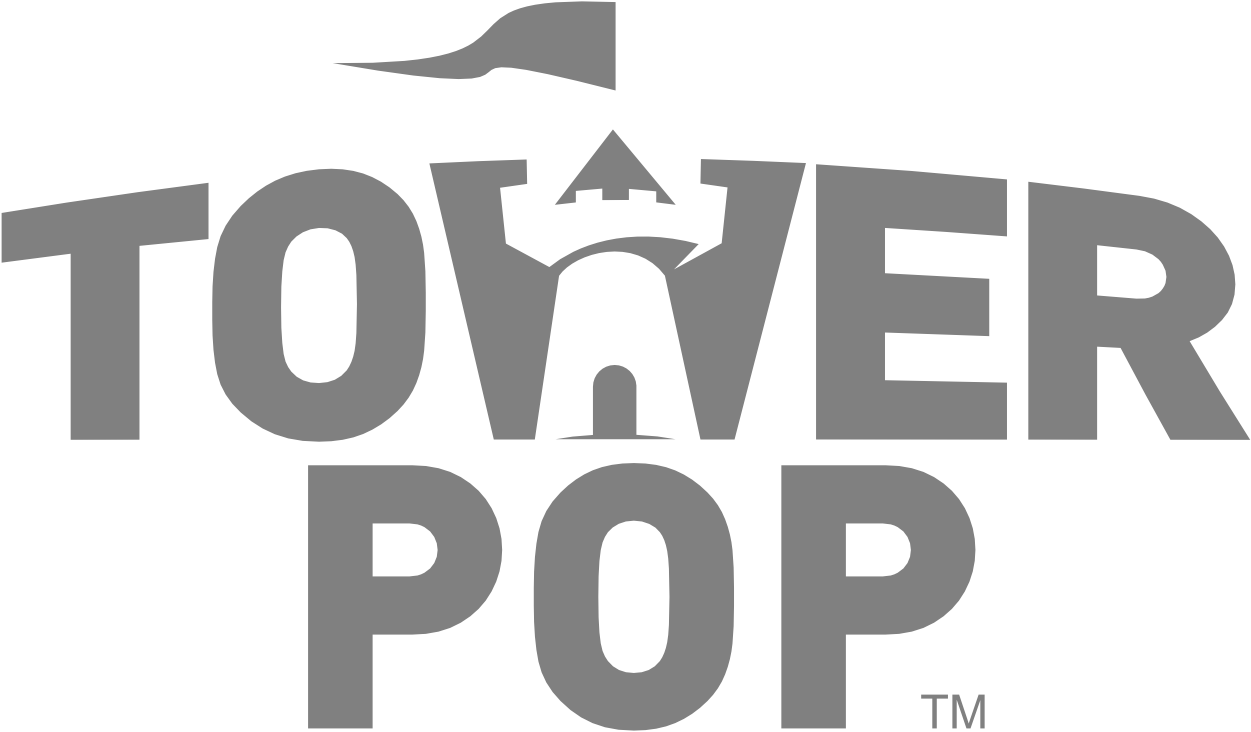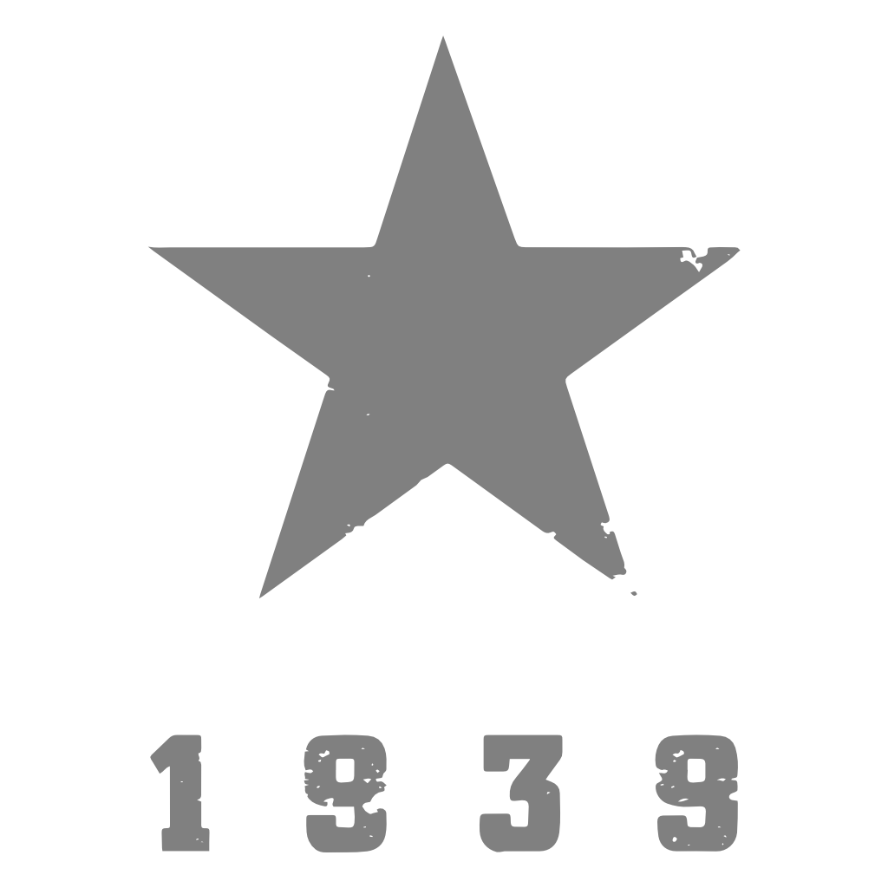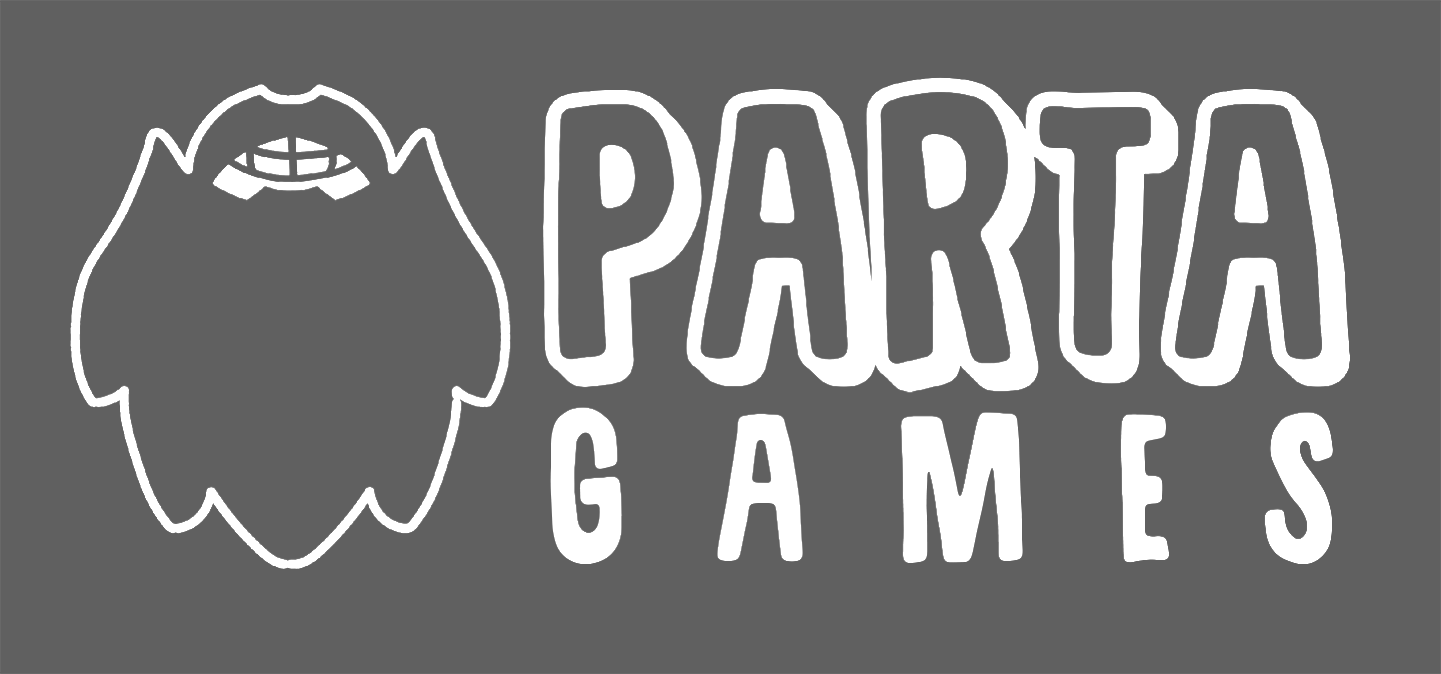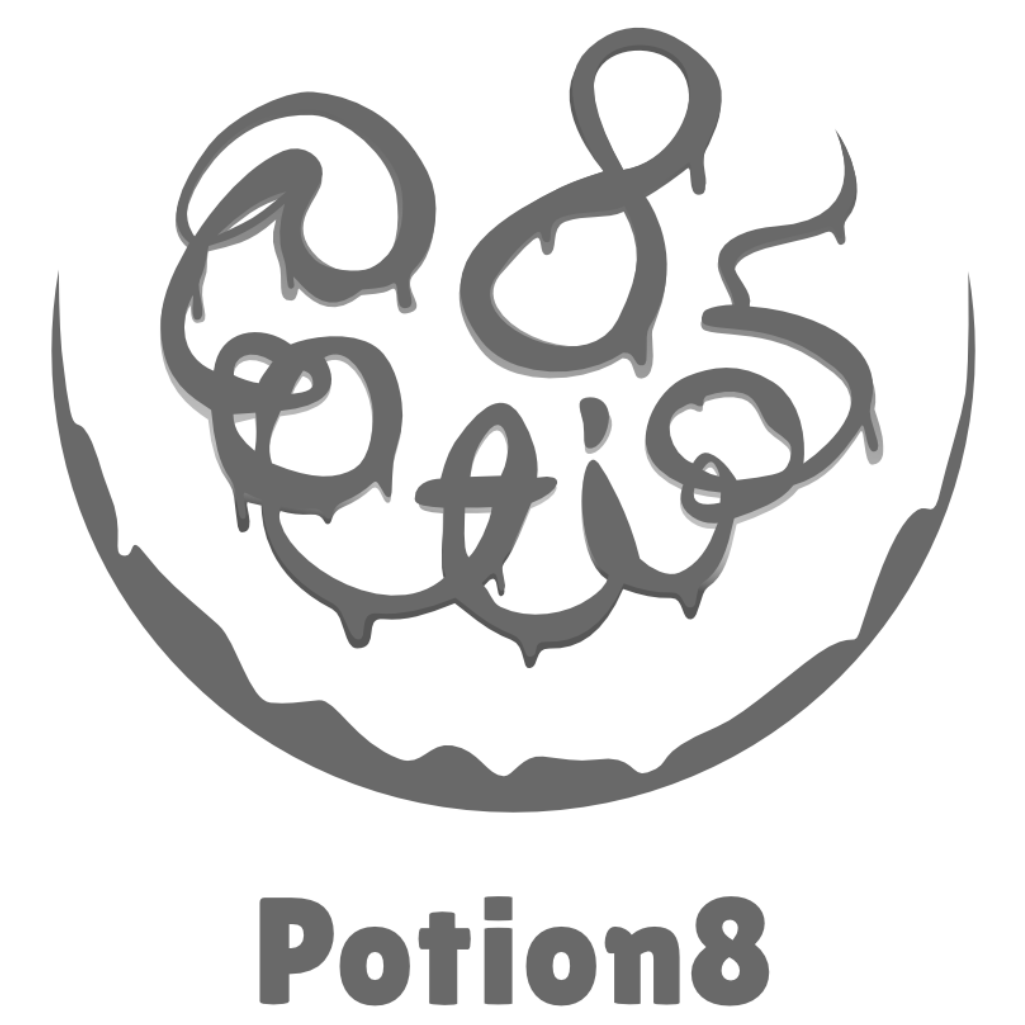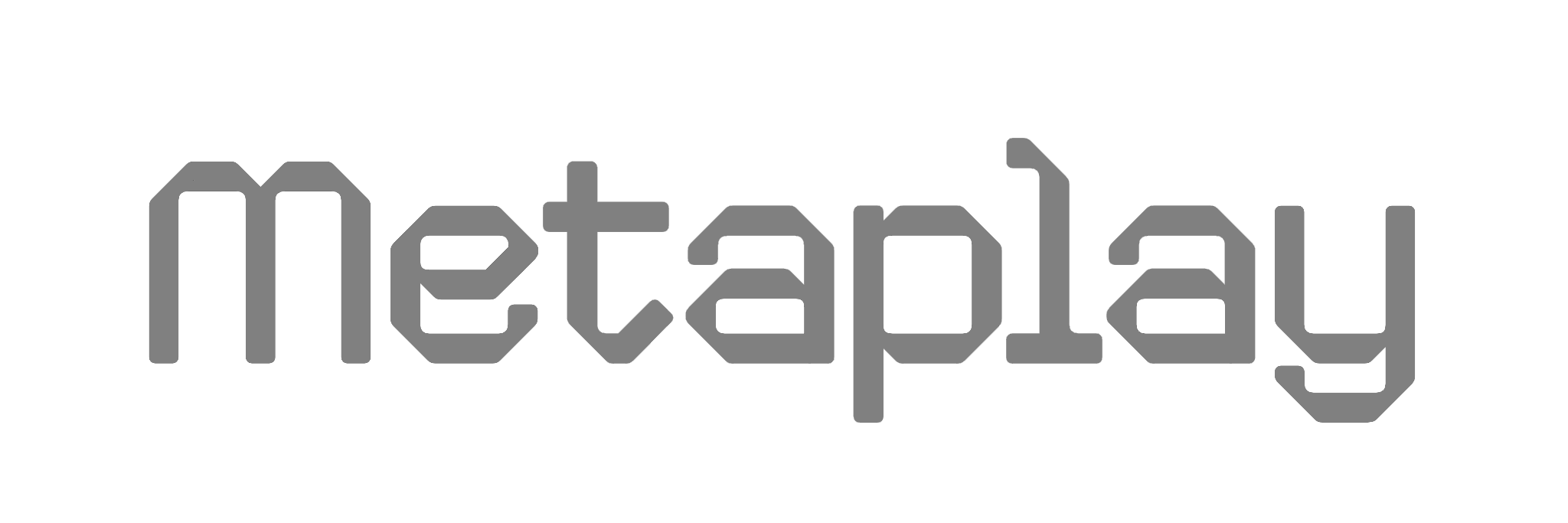IGDA Finland ry Annual Meeting
/Greetings all members of IGDA Finland association! You are warmly welcome to join the statutory annual meeting that was delayed in May due to issues with our accounting company. The meeting is held on Tuesday, 9th of August, 2016, from 5 PM until 7 PM, at Business Meeting Park (CORNER, Salomonkatu 5 C, 00100 Helsinki). It is also possible to participate virtually via Google Hangouts.
The main purpose of this meeting is to go over our actions and accept our financial accounts for 2015 but it’s also a good moment to discuss the big picture of IGDA Finland with the current board of directors. Light snacks will be served.
Please RSVP by email to teemu.haila@igda.fi by the end of business hours on Friday, 29th of July, 2016.
If you have any questions regarding the event, please contact teemu.haila@igda.fi
THE AGENDA OF THE ANNUAL MEETING ON AUGUST 9, 2016
- Opening the meeting
- Selecting the officials for the meeting
- Legality and power of decision
- Confirming the agenda
- Action report
- Presenting and confirming the financial accounts and auditors’ reports
- Granting the discharge for the board and others that are held accountable
- Other emerging issues
- Ending the meeting



